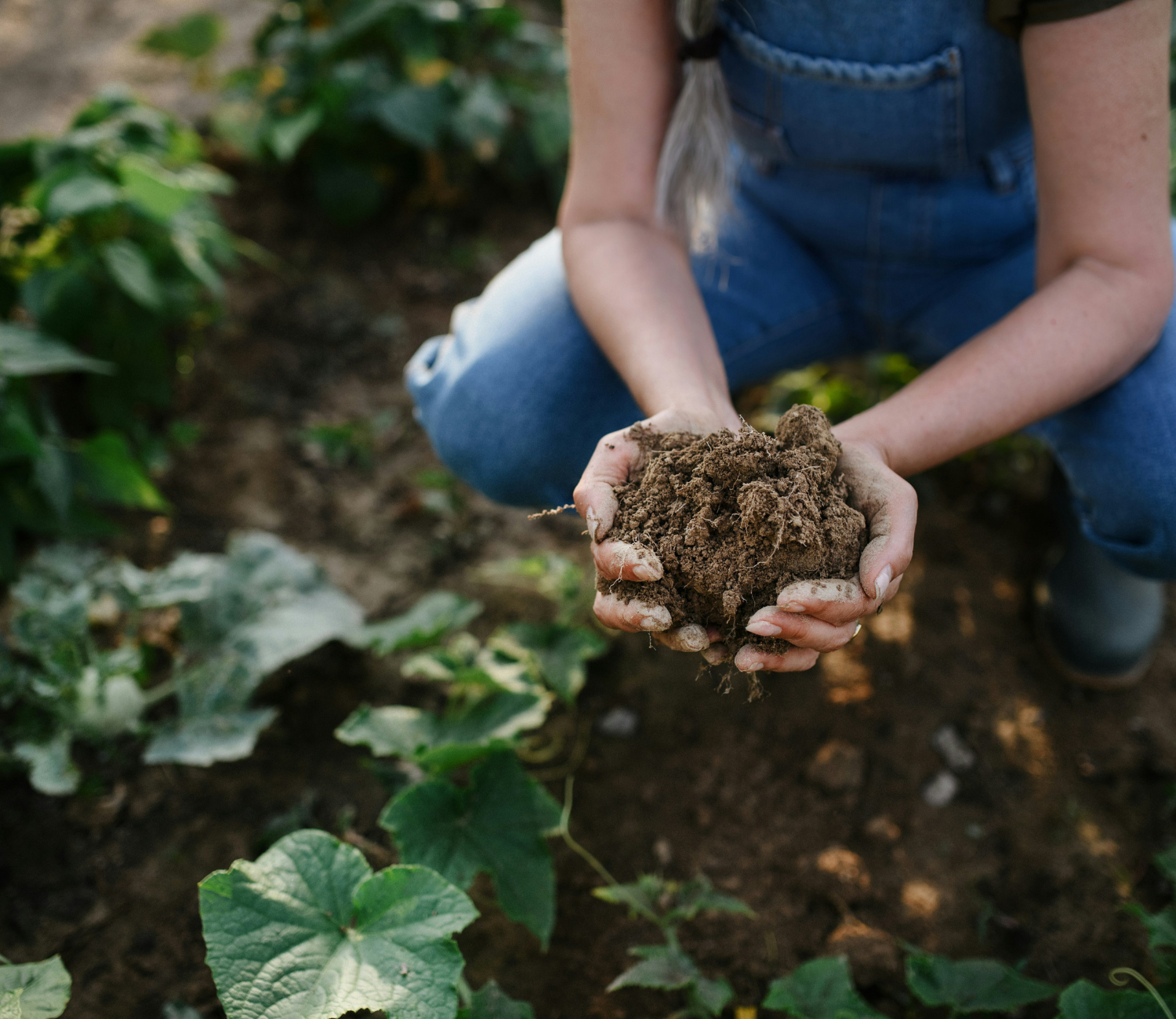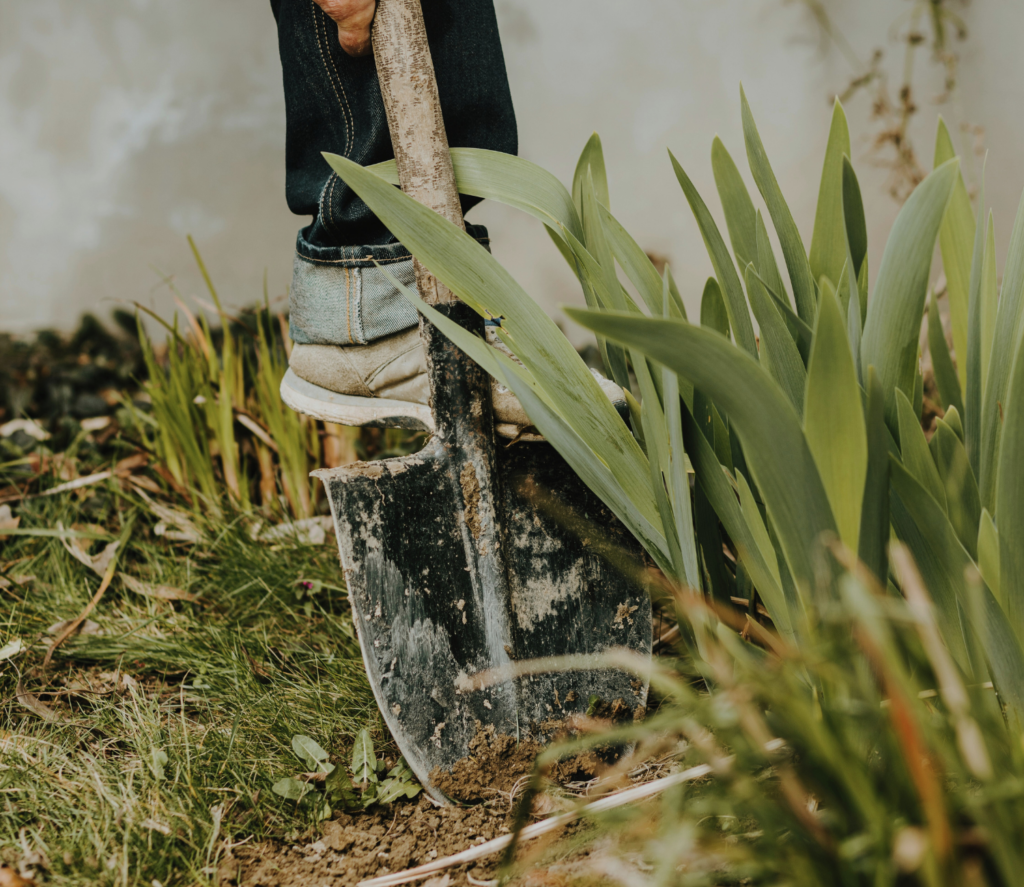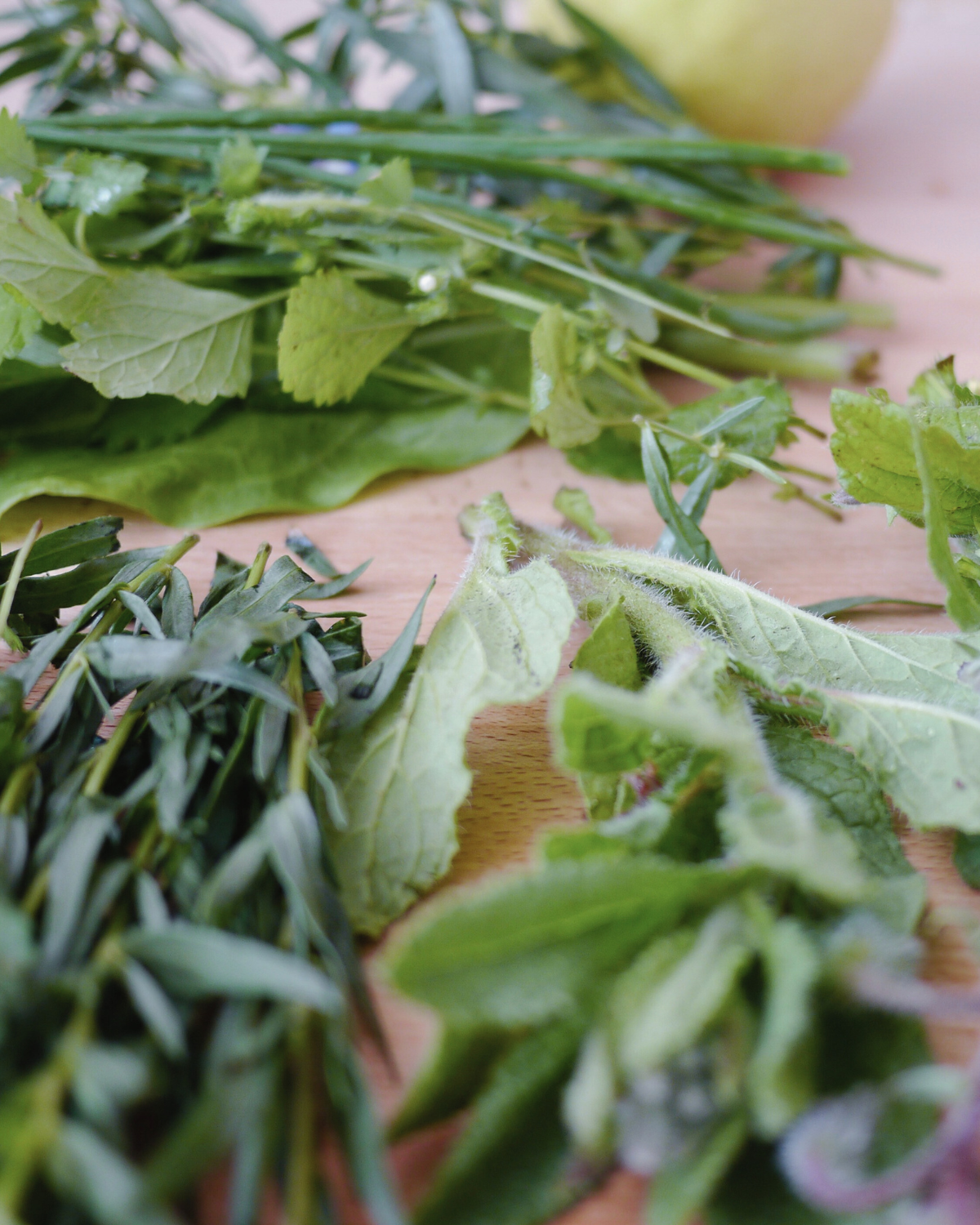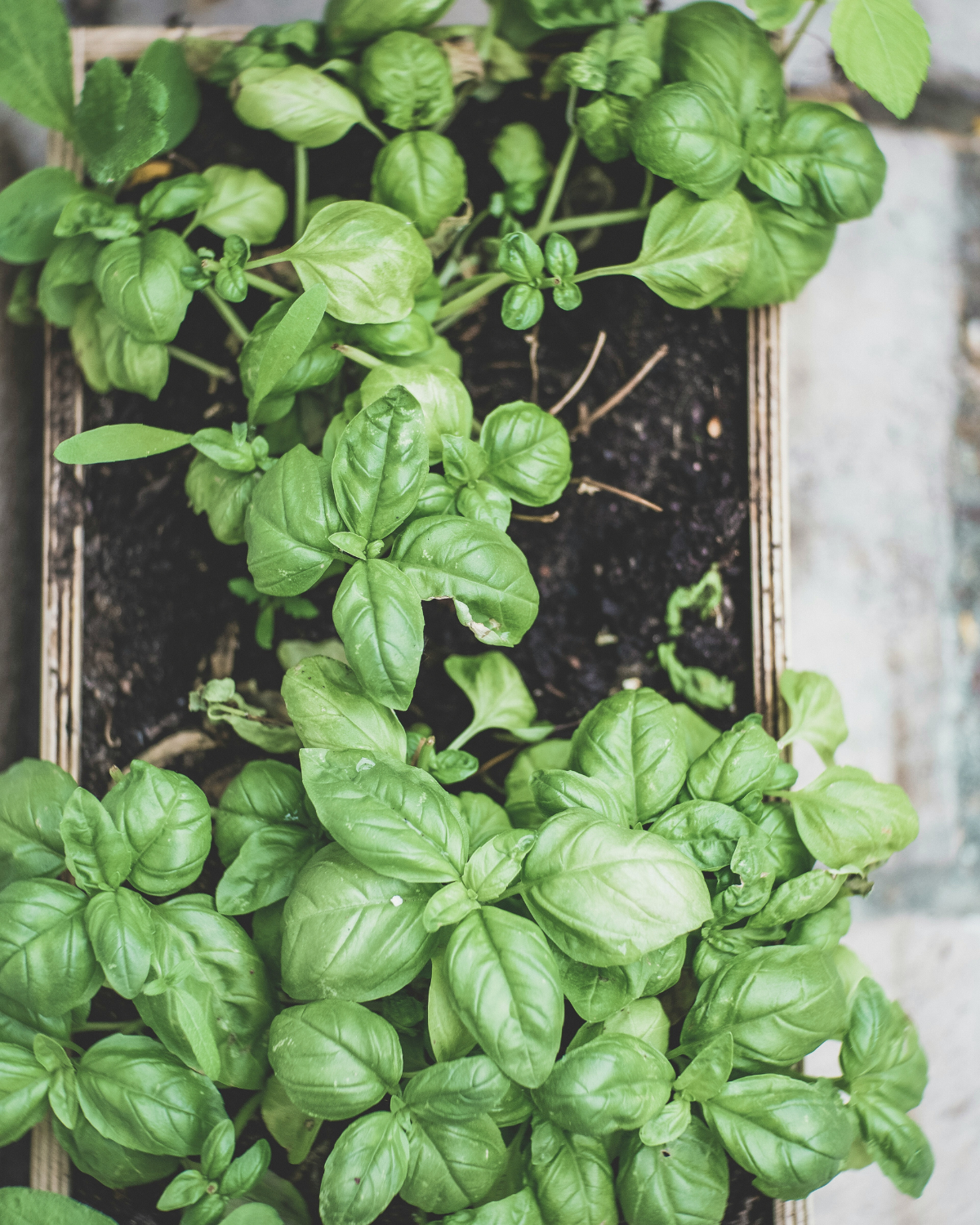WRITTEN BY KATE CHALMERS
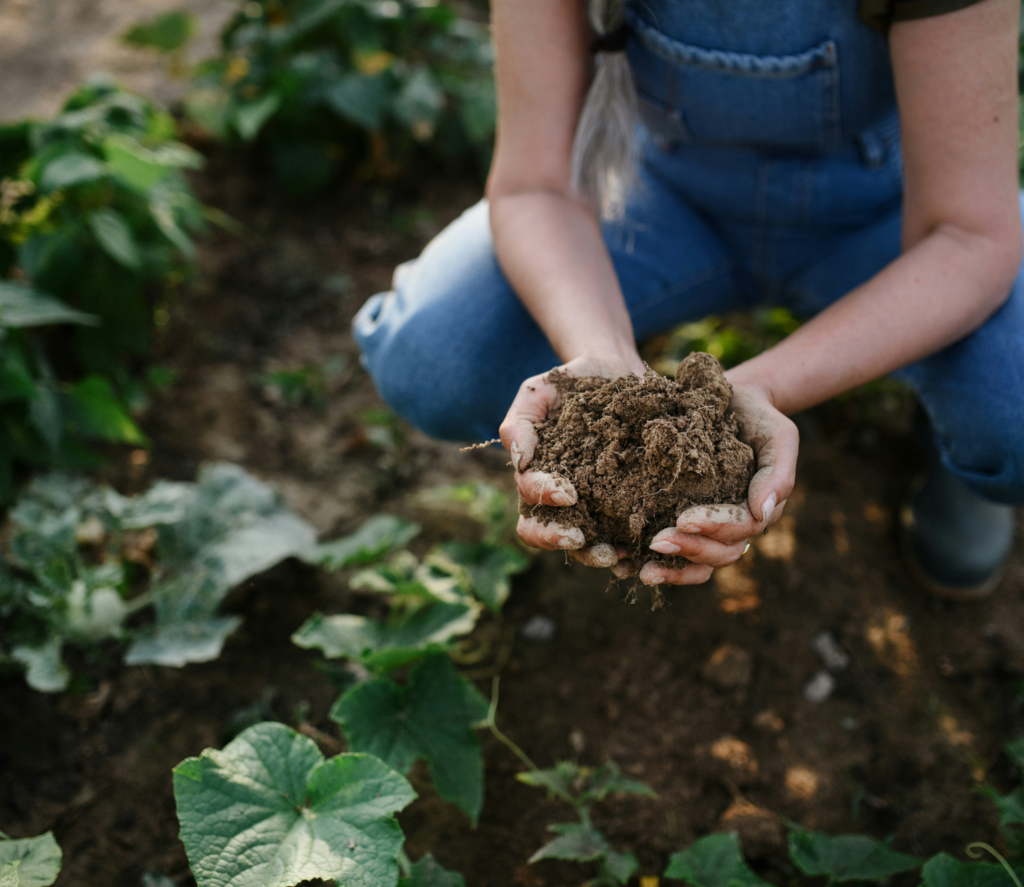
Organic gardening goes hand-in-hand with a sustainable lifestyle, but how do you help your plants thrive without using chemical fertilizers?
In the last few decades, gardeners have become accustomed to the simplicity and rapid results of chemical fertilizers, but organic fertilizers have a history that extends far beyond this. Studies have shown that farmers were using organic fertilizers over 8000 years ago.
Like many sustainable solutions, the key to gardening without harming the planet is to turn back the clock and look at how our ancestors used to do it.
What Are Organic Fertilizers?
Organic fertilizers contain natural substances originating from living organisms such as plant matter and animal manure. They contain the perfect balance of nutrients to boost plant growth, including nitrogen, phosphorus, and potassium. Organic fertilizers are also rich in micro-nutrients that are vital for plant health.
Organic fertilizers may contain some or all of the following ingredients:
- manure from livestock and poultry,
- composted plant matter, kitchen scraps, and leaves,
- bone and bone meal, byproducts from the meat industry,
- fish emulsion, a waste product from the fish industry, or
- seaweed extract
When purchasing organic fertilizers, you will find liquid and solid forms available. Liquid organic fertilizer ensures that nutrients are instantly available to the plants, but the effects are short-lived. Solid organic fertilizers, normally in the form of pellets or granules, break down gradually and release nutrients over a longer period.
Organic vs Chemical Fertilizers
So, why should we be making the switch to organic fertilizers?
The first reason is that organic fertilizers are the more sustainable option. Chemical fertilizer production is energy-intensive and contributes significantly to greenhouse gas emissions. In contrast, organic fertilizers are made from natural, renewable resources and generally require less energy to produce.
In addition, organic fertilizers help to boost soil health. Organic matter is essential not only for plant growth but also helps to feed and nourish micronutrients in the soil. By using organic fertilizers we can mimic the natural processes of our ecosystem without depleting the earth’s resources.
How to Choose the Best Organic Fertilizer
As more and more people strive to garden more sustainably, the range of organic fertilizers available has increased to meet their needs. If you’re shopping around for the best organic fertilizer, here are some key points to guide your decision:
Nutrient content
Look for the N-P-K ratio (Nitrogen-Phosphorus-Potassium) on the label and choose a ratio that matches your plants’ requirements.
Release rate
Slow-release organic fertilizers are worked into the soil and release nutrients over a long period. This type of organic fertilizer is a great addition to containers and hanging baskets. Quick-release fertilizers provide instant nutrients to fast-growing crops and can be used to boost plants during key growth periods.
Ingredients
To ensure the product is truly organic, look for certification such as OMRI (Organic Materials Review Institute). If you prefer to steer clear of using animal products, choose an organic fertilizer that uses plant-based ingredients rather than fish, blood, and bone meal.
Simple DIY Organic Fertilizer Recipe
As with many things in life, the most sustainable form of organic fertilizer is one that you make yourself! A highly effective organic fertilizer is easy to make using waste products from your home and garden and carries a fraction of the carbon footprint of the store-bought version. Zero packaging, zero shipping, and recycling waste products – gold stars all round!
Here are some simple ways to make organic fertilizer at home:
Banana peel fertilizer
Banana peels are packed full of potassium and make the perfect fertilizer for fruiting crops such as tomatoes.
Method: Add chopped banana peels to a container and cover with water. Leave to sit for 3-5 days then strain. Dilute the peel water with an equal amount of fresh water before use.
Eggshell fertilizer
Eggshells contain high levels of calcium and can help stop blossom end rot in peppers and tomatoes.
Method: Wash and dry eggshells and crush them into small pieces. Cover with water, leave to sit for 2-3 days then strain. Dilute eggshell fertilizer with an equal amount of fresh water before use.
Compost tea
If you want a balanced fertilizer that meets the needs of the vast majority of garden plants, compost tea is a great choice. You can either use homemade compost or good-quality organic compost from the garden store.
Method: Mix one part compost to three parts water in a bucket or container. Stir well and leave to sit for two days, then strain out the solids using mesh or fabric. Dilute compost tea at a ratio of one part to three parts water before use.

